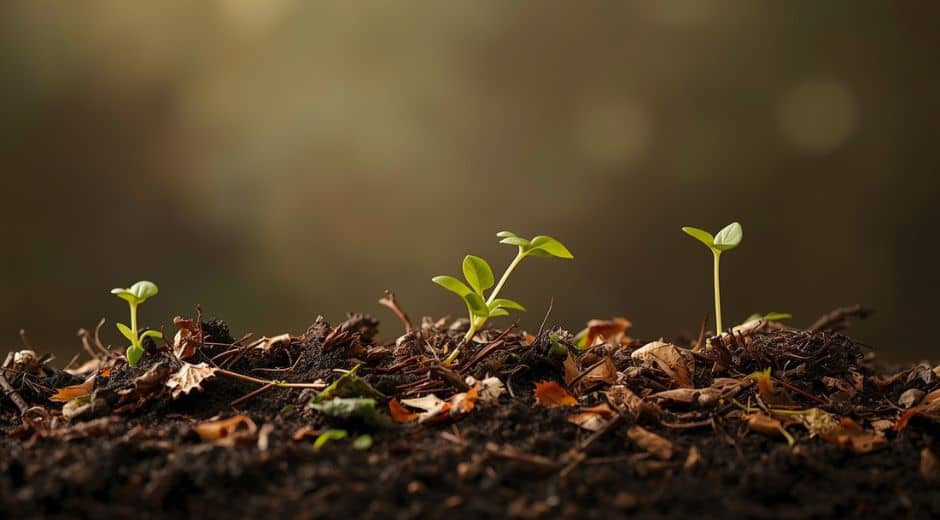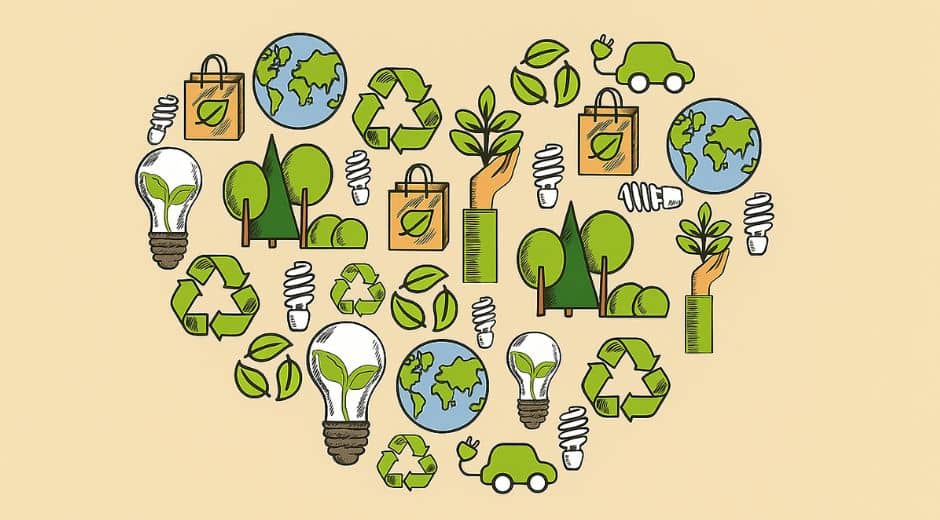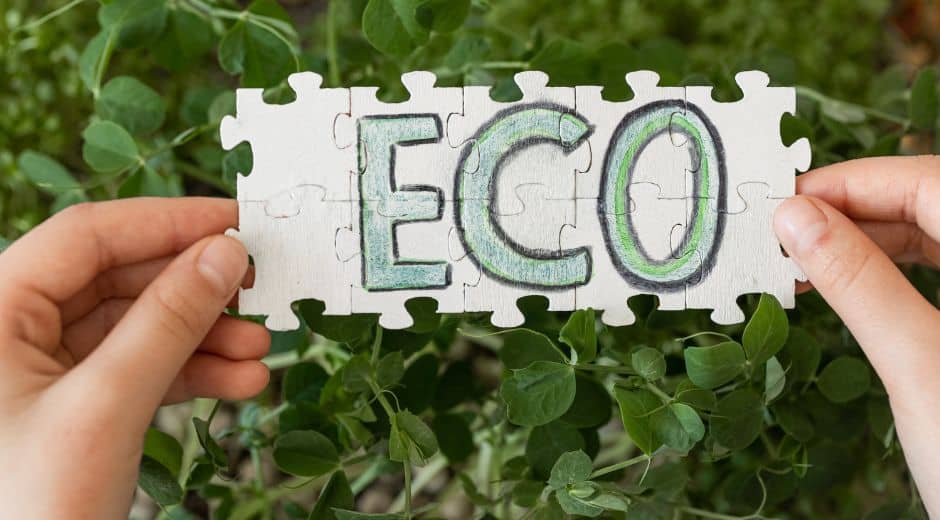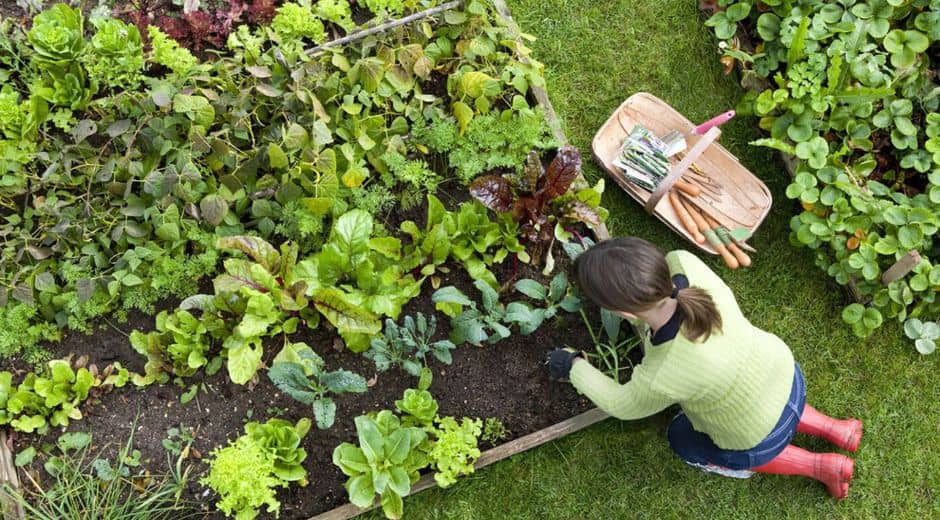Composting: Turning Waste into Nature’s Gold
Among the simplest yet most powerful eco habits, composting stands out as a natural solution to some of our biggest environmental challenges. It turns food scraps and organic waste into nutrient-rich soil, reducing pollution while giving back to the Earth. What might look like garbage is, in reality, nature’s way of recycling life.
Today, we’ll explore how Organic recycling works, why it matters, and how anyone can start this rewarding process at home or in the community.
What Is Composting?
Organic recycling is the biological breakdown of organic matter such as fruit peels, leaves, and garden clippings into humus, a dark, fertile material that enriches the soil. Microorganisms, worms, and fungi collaborate to decompose waste naturally, recreating the Earth’s oldest recycling system.
Unlike industrial fertilizers, compost is free from chemicals and supports soil health by improving structure, moisture, and nutrient content. It’s an example of how nature provides the most efficient solutions when we follow its rhythm.
Why Composting Matters
Every year, billions of tons of food and organic waste end up in landfills, producing methane, a potent greenhouse gas. Composting prevents this by turning waste into value. Instead of polluting, it nourishes.
The United Nations Environment Programme emphasizes that composting can significantly reduce global emissions and enhance food security by creating fertile soils naturally. When communities adopt this habit, they cut down waste collection costs and restore local ecosystems.
According to EPA research, Organic recycling can reduce household waste by up to 30% — a massive step toward sustainability.
How Composting Works
The process of Organic recycling relies on three simple ingredients: carbon, nitrogen, and oxygen.
Carbon comes from dry materials like leaves, cardboard, or straw.
Nitrogen comes from food scraps and grass clippings.
Oxygen fuels microorganisms that speed up decomposition.
Balancing these ingredients creates the perfect environment for microbes to work efficiently. Within weeks, the pile transforms into dark, earthy compost ready to feed gardens, farms, and forests.
Different Types of Composting
There are several methods to fit different lifestyles:
Backyard Organic recycling – for those with garden space; ideal for household waste and leaves.
Vermicomposting – uses worms to break down waste, perfect for apartments or small homes.
Community composting – neighbors or local groups share a Organic recycling space to reduce urban waste collectively.
Each type contributes to the same goal: restoring balance between human consumption and nature’s regeneration.
The Environmental Benefits
The advantages of Organic recycling extend far beyond waste management. It prevents soil erosion, improves water retention, and reduces the need for chemical fertilizers. Compost also acts as a carbon sink, helping the Earth lock away harmful greenhouse gases.
By enriching soil, composting strengthens plant roots and biodiversity. Gardens flourish naturally, creating habitats for insects and small animals. Even city landscapes benefit, turning green corners into lively, self-sustaining ecosystems.
Composting at Home
Starting Organic recycling at home is easier than it sounds. Begin with a small bin or outdoor pile. Alternate layers of greens (food waste, grass) and browns (dry leaves, paper). Mix occasionally and keep the pile slightly moist.
Avoid adding meat, dairy, or oily products to prevent odor and pests. Within a few weeks or months, you’ll see the transformation: your waste becomes rich, earthy compost ready to nourish your plants.
If you live in an apartment, vermicomposting or small electric composters are great options. Many cities also offer drop-off programs for organic waste.
Community and Innovation
The growing movement around Organic recycling has led to creative solutions worldwide. Urban compost stations, school projects, and business collaborations are turning waste into opportunity.
For example, several eco startups listed on bodywellnessgroup develop smart compost bins and renewable soil systems to encourage large-scale participation. Innovation and community effort are reshaping waste culture, proving that sustainability starts at the local level.
How Composting Supports Biodiversity
Healthy soil means healthy ecosystems. Organic recycling boosts microbial life and provides nutrients for plants, which in turn attract insects, pollinators, and small mammals. This creates a natural cycle of growth that keeps ecosystems alive.
When soil thrives, forests, gardens, and farms can regenerate more efficiently. The result is a resilient landscape that supports both people and wildlife.
Internal Connection: From Waste to Renewal
At BioNatureVista, we believe that small ecological habits like Organic recycling form the roots of global change. Every piece of organic waste recycled is a step toward a cleaner, greener world. Whether at home, in schools, or through local projects, Organic recycling represents responsibility turned into action.
Conclusion: Nature’s Perfect Circle
Organic recycling is more than waste management — it’s a symbol of renewal. It turns what we throw away into something that gives life back. By embracing this cycle, we align ourselves with the wisdom of nature, where nothing is wasted, and everything transforms.
From your kitchen scraps to the soil beneath your feet, Organic recycling reminds us that progress doesn’t always come from technology — sometimes, it comes from returning to the Earth itself.
More at BioNatureVista.
Nature Inspires Every Step

Canopy Stratification and the Hidden Layers of Forest Life
Canopy Stratification and the Hidden Layers of Forest Life

Understanding Natural Systems And Their Interconnections
Understanding Natural Systems And Their Interconnections













